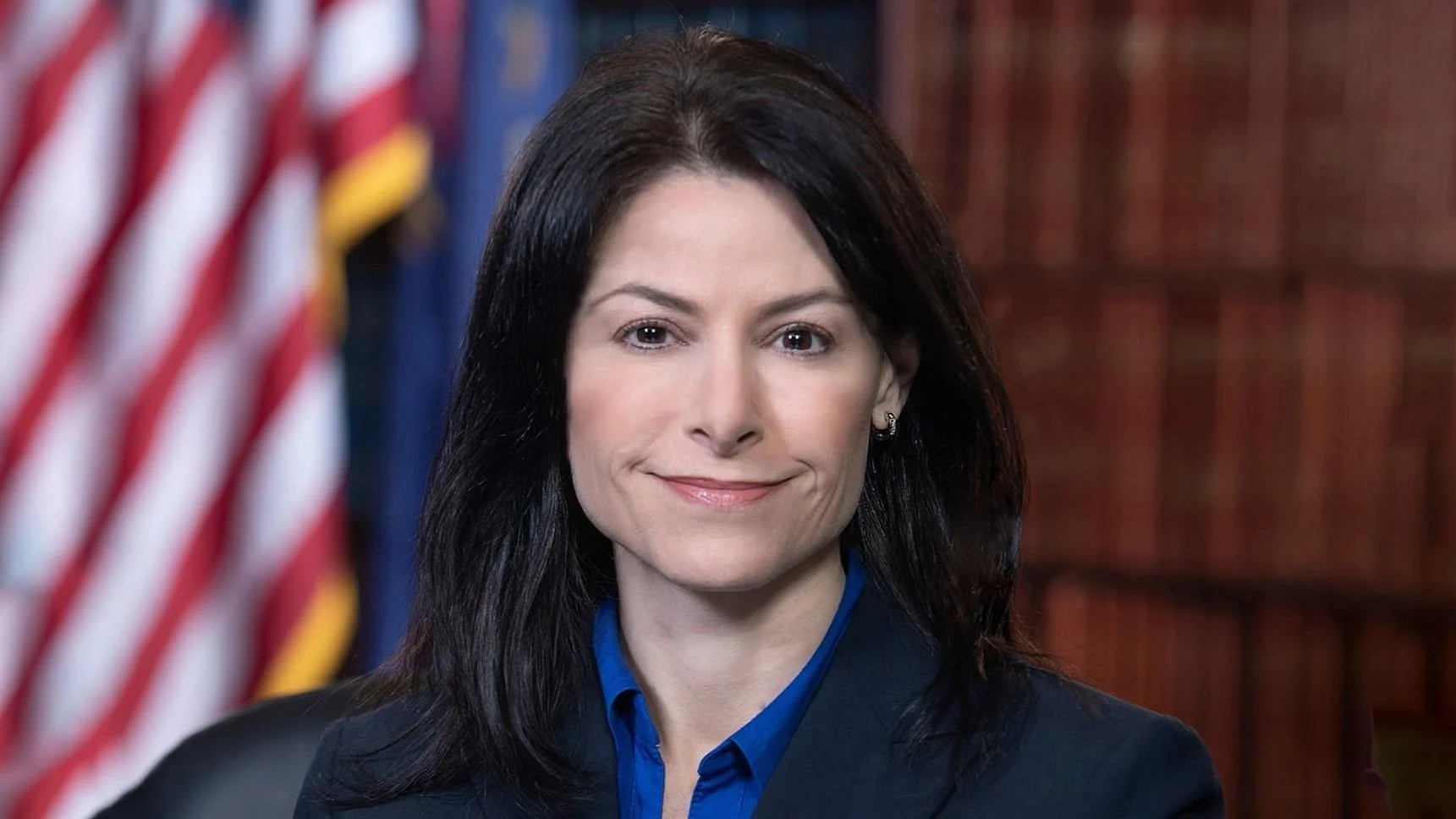Dana Nessel, Attorney General of Michigan | www.facebook.com
Dana Nessel, Attorney General of Michigan | www.facebook.com
Michigan Attorney General Dana Nessel has joined a bipartisan group of 17 other attorneys general in opposing a proposed class action settlement involving Capital One. The coalition argues that the settlement would not adequately compensate customers who were allegedly denied more than $2 billion in unpaid interest.
The opposition is outlined in an amicus brief led by New York Attorney General Letitia James, who previously sued Capital One for misleading customers about interest rates on online savings accounts. The attorneys general argue that the proposed settlement does not hold Capital One accountable and would ultimately benefit the company rather than its customers.
Capital One has also argued that the class action settlement should prevent further legal action by the New York Attorney General’s Office to secure restitution for affected customers. The coalition is urging the court to reject both the settlement and any attempts to block state enforcement actions through private agreements.
“This settlement lets Capital One off the hook for deceiving customers while also undermining the ability of state attorneys general to hold bad actors accountable,” Nessel said. “I stand with my colleagues in urging the Court to reject this deal and ensure consumers get the restitution they deserve.”
According to details from New York’s lawsuit, Capital One marketed its 360 Savings accounts as offering high interest rates but kept those rates artificially low even as national rates rose starting in 2022. Meanwhile, it introduced a similar account—360 Performance Savings—with much higher interest rates, at times more than 14 times greater than those offered on 360 Savings accounts. The coalition claims this allowed Capital One to mislead existing customers and avoid paying significant amounts in interest.
The attorneys general maintain that under the proposed settlement, Capital One would not be required to change its practices regarding interest payments for 360 Savings account holders. While $125 million in additional interest would be provided under the agreement, this amount falls far short of what customers might have earned if paid at higher rates. Over the same period, paying out at the higher rate could have resulted in over $800 million in additional payments to consumers. On average, each affected customer lost over $717 but would receive less than $54 under the proposed deal.
In addition to Michigan and New York, attorneys general from Arizona, California, Colorado, Connecticut, Hawai'i, Illinois, Louisiana, Maryland, Massachusetts, Minnesota, Nevada, New Jersey, Ohio, Oregon, Rhode Island, and Washington joined in filing the amicus brief.






 Alerts Sign-up
Alerts Sign-up